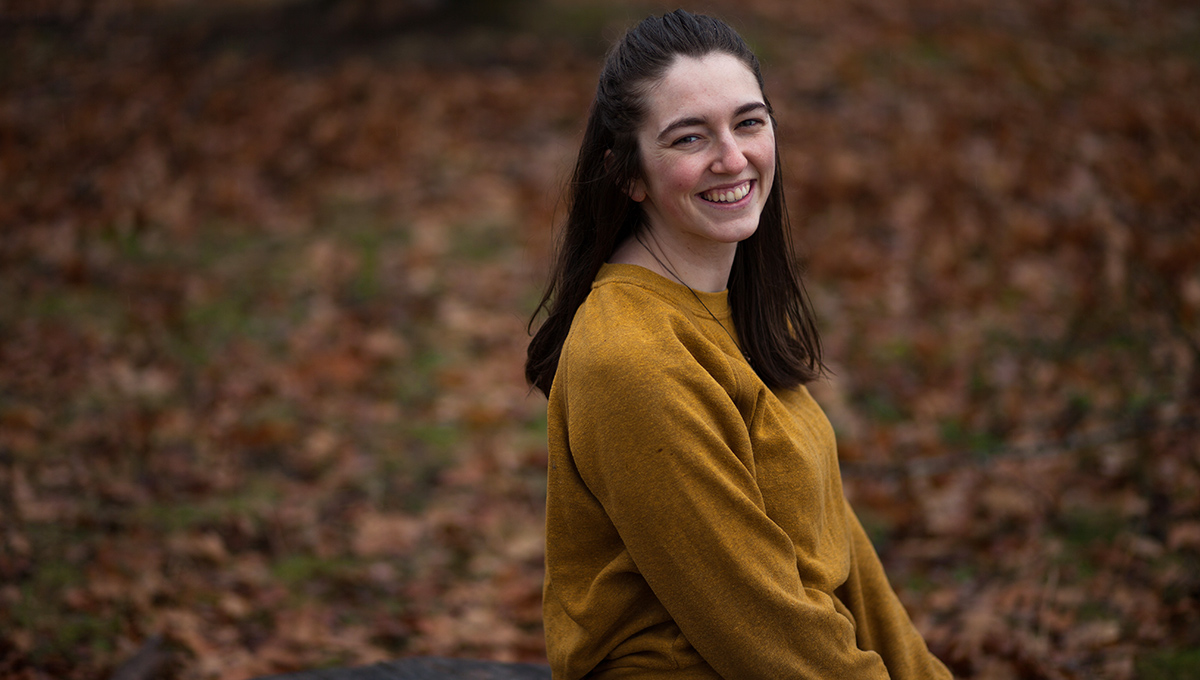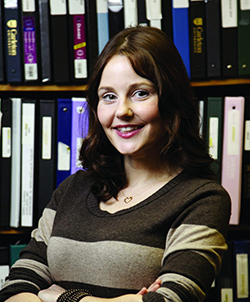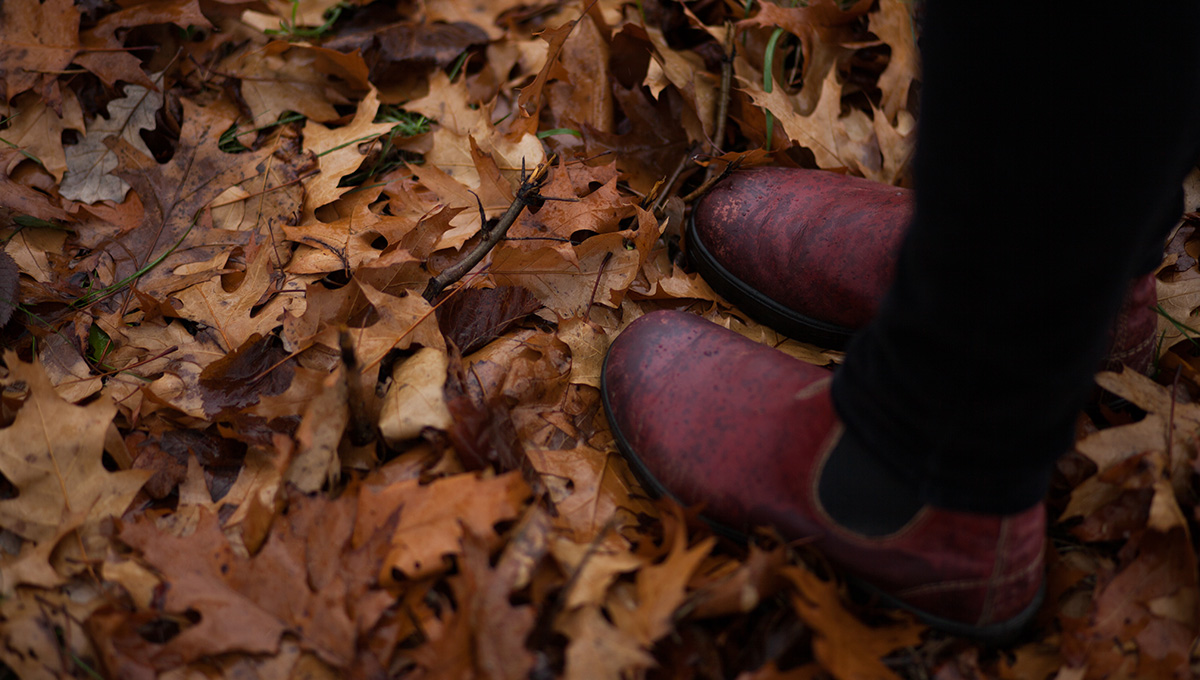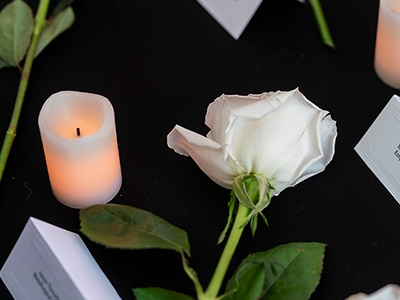Photos of Jessica Desrochers by Fangliang Xu
By Tyrone Burke
A new virtual space at Carleton is making mental health research more accessible to the community. The Mental Health and Well-being Research and Training Hub (MeWeRTH) brings together faculty members, external researchers, students, practitioners, community organizations, and people with an interest in mental health.
“The vision for this virtual space is to connect researchers, students and knowledge users to improve mental health and well-being in our communities,” says Joanna Pozzulo, professor and chair of the Department of Psychology, who is also the director of MeWeRTH.
“This community can be more localized, such as in Carleton, or it can be global. The action is to make research accessible. There is a lot of great research happening, but there can be a bottleneck in getting it out to the public. Research often is shared in the academic community, but we don’t always do a great job at translating research in a way that people can use it.”

Prof. Joanna Pozzulo
“MeWeRTH’s ultimate goal is to share research that can make a positive impact in people’s lives.”
Housed within the Department of Psychology in the Faculty of Arts and Social Sciences, MeWeRth officially launches Dec. 10, 2020 at a showcase – Translating mental health and well-being research: Being well amid COVID-19 – and it is open to the general public. Seven hub members will give short presentations about academic research that has practical take-home messages about how to stay well.
“The launch of this new virtual hub helps fulfill the critical “Strive for Wellness” direction of our recently released Strategic Integrated Plan,” said Carleton President Benoit-Antoine Bacon.
“As a MeWeRTH Hub Research Member, I am particularly excited that the explicit mandate of the group is both high-level research and impact in the community.”

President Benoit-Antoine Bacon
“Given all of the challenges that we currently are facing, we wanted to highlight relevant research that is happening in real-time. We hope that it will help the public,” says Pozzulo.
Student Jessica Desrochers will focus on the impact nature can have on our well-being. During the early days of the pandemic, there was great uncertainty and a sudden shift in our lifestyle. It tested coping mechanisms, and revealed the nervous bakers and home workout gurus among us. But many sought solace in something that generations of humans have before: nature.
“We were being shut in, and at the same time, the weather was getting really nice. In those first couple of weeks, I found myself going for walks to deal with this anxiety-ridden new world,” says Desrochers, a doctorate student in Psychology.
Google Trend data shows that Desrochers was not the only one, and she shifted her PhD research to study the phenomenon.

Jessica Desrochers
“It seemed that other people were doing the same thing, and we wondered if people were using nature to cope with everything that was going on in the world,” says Desrochers.
“There is a lot of research that shows nature boosts mood and increases well-being. It increases positive meaning in life, and we want to study if people can take this forward with them when we return to more normal circumstances. It usually takes at least two weeks to build habits. We could see that even when people go back to normal life, they need to go back to nature. That they build their school life and their work life to include nature and walks.”
Hub researcher Cheryl Harasymchuk has been studying the impact of the pandemic on romantic relationships. During lockdowns, couples were forced into close quarters like never before. Reports of a surge in divorce rates proliferated, but some couples managed the adversity better than others.

Hub researcher Cheryl Harasymchuk
“Over a six-week period, we tracked 200 people. We looked at stressors related to health and finances, and what connection they had with relationship decline,” says Harasymchuk, a professor of Psychology who conducted the research with Prof. Nassim Tabri.
“We thought of relationship decline as feeling disconnected from your partner, having thoughts of separation, and thoughts of alternative types of relationships. We wanted to look at what makes some couples more resilient—what decreased the association between stress and relationship decline.”
They found that the more resilient relationships had two key characteristics—and both are pretty good #relationshipgoals under any circumstances.
“The association between stress and relationship decline decreased for people that had partners that were more responsive—who paid attention to their needs,” says Harasymchuk.
“The other was people who reported they had social support from others in their network had a weaker relationship between stress and relationship decline.”
To learn more about MeWeRTH and to register for the event, please visit https://carleton.ca/mental-health/cu-events/hub-showcase-launch-event/.

Thursday, December 10, 2020 in COVID-19, Mental Health, Research
Share: Twitter, Facebook



